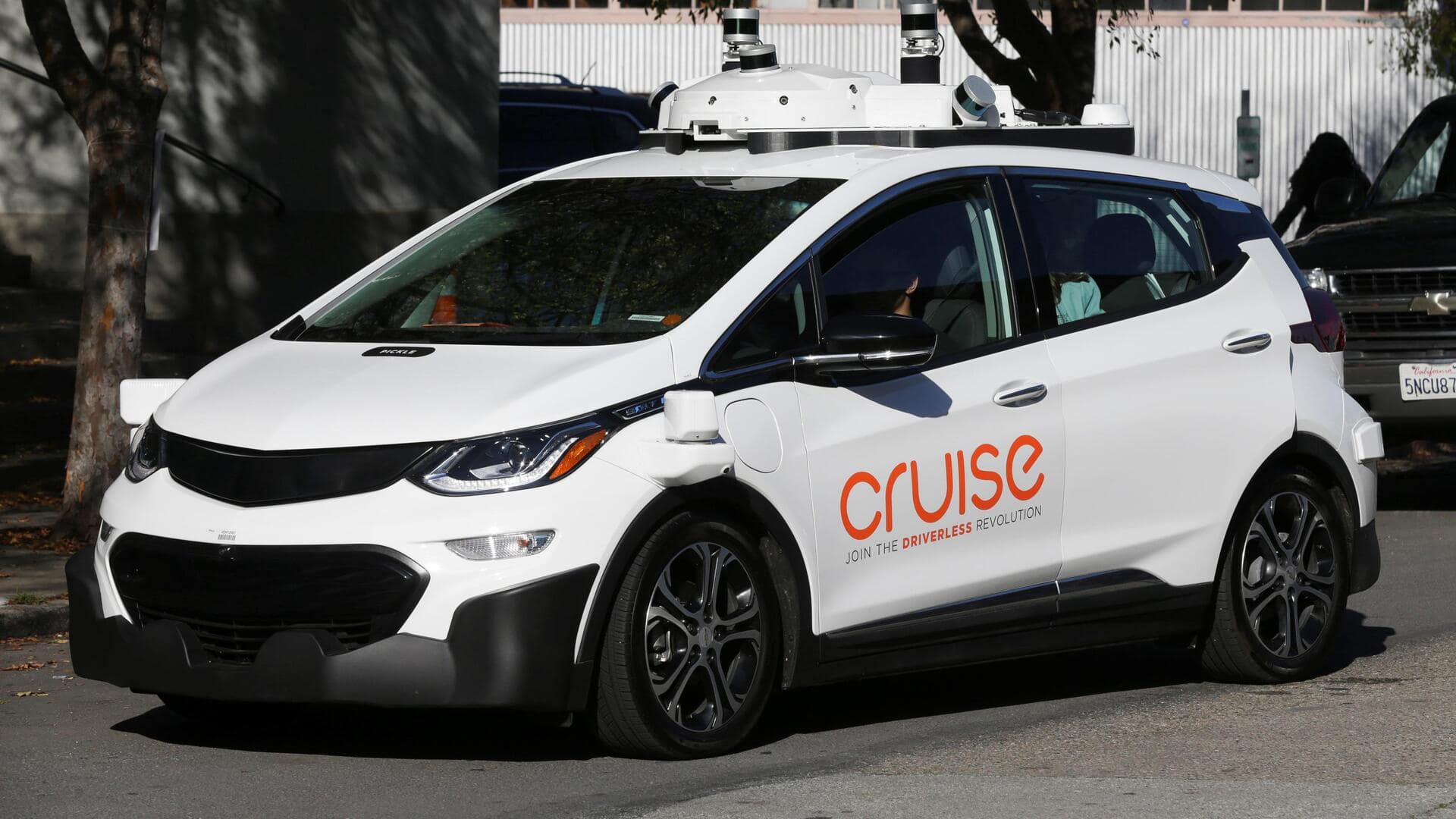
Cruise pays fine to resume testing in California after accident
What's the story
Cruise, a self-driving subsidiary of General Motors, has settled a dispute with the California Public Utilities Commission (CPUC). The company has agreed to pay a fine of $112,500 (nearly ₹94 lakh) for not disclosing complete information regarding an accident involving one of its robotaxis last year. This resolution allows Cruise to avoid litigation and paves the way for the company to restart operations in California.
Incident recap
Incident details and Cruise's corrective measures
In October 2023, a Cruise robotaxi was involved in an accident where it ran over a pedestrian who had been thrown into its path by another vehicle. The robotaxi then dragged the pedestrian 20 feet during a pullover maneuver. Cruise staff did not promptly disclose these details during investigations. This led to the revocation of the company's permits for operating driverless vehicles in California by both CPUC and the Department of Motor Vehicles (DMV).
Corrective measures
Efforts to restore public trust
Following the incident, Cruise has taken several "corrective measures" to address the CPUC's concerns. These include hiring law firm Quinn Emanuel for an internal investigation, creating a more transparent corporate operation, and facilitating personnel changes such as the departure of former CEO Kyle Vogt. The Commission noted that Cruise has accepted responsibility for its past mistakes and pledged greater transparency in future dealings with the agency.
Agreement details
Settlement terms and future plans
As part of the settlement, Cruise is also required to regularly share incident information with the CPUC, including increased collision reporting and monthly reports on incidents involving stopped autonomous vehicles that need physical retrieval. The company has been commended for seeking an expedited resolution instead of engaging in lengthy legal processes. The ruling stated, "Cruise is on its way to restoring public trust by making itself a more transparent and cooperative entity."
Expansion
Cruise's operations in other states
Despite previous criticism for frequent malfunctions, Cruise has been gradually returning to public roads in states with less regulatory oversight. Since April, the company has deployed mini fleets with human safety operators in Phoenix, Houston, and Dallas for mapping and testing purposes. In California, where competitor Waymo is rapidly expanding, Cruise may adopt a similar approach. The company holds an active permit from the DMV to test its vehicles with a safety driver.